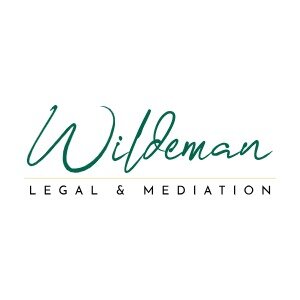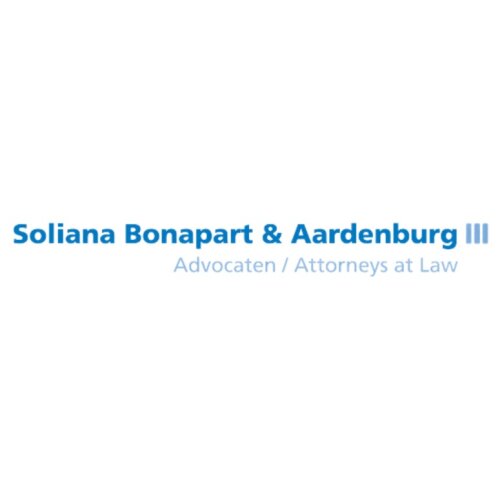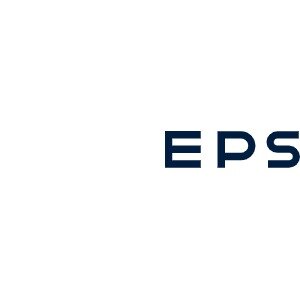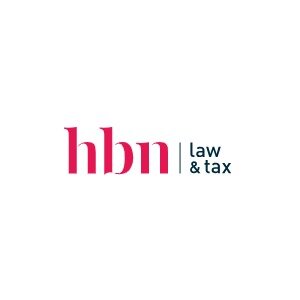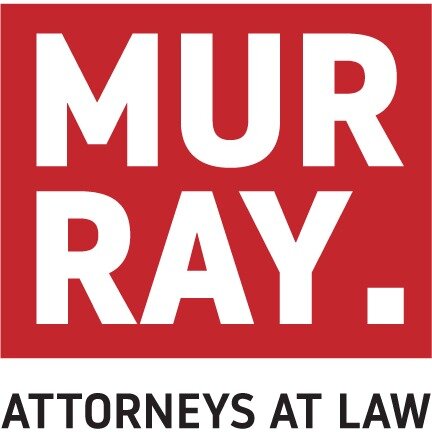Best Public-Private Partnerships (PPP) Lawyers in Willemstad
Share your needs with us, get contacted by law firms.
Free. Takes 2 min.
List of the best lawyers in Willemstad, Curaçao
About Public-Private Partnerships (PPP) Law in Willemstad, Curaçao
Public-Private Partnerships (PPP) are collaborative arrangements between government entities and private sector companies for delivering public services, developing infrastructure, and achieving community goals. In Willemstad, Curaçao, PPPs have become increasingly important due to the government’s interest in attracting private investment and expertise to improve public infrastructure such as transportation, water management, utilities, and tourism facilities. The legal framework in Curacao provides guidelines that govern PPPs, aiming to balance the interest of the public with the capabilities of the private sector while ensuring transparency and accountability throughout the partnership process.
Why You May Need a Lawyer
PPPs are complex and involve multi-party agreements, significant financial commitments, regulatory compliance, and risk management. Common situations where legal help is essential include:
- Drafting or reviewing PPP agreements and contracts
- Assisting with bidding and procurement processes
- Navigating local laws and regulations relating to public infrastructure and investments
- Ensuring compliance with anti-corruption and transparency measures
- Resolving disputes or negotiating terms between public and private parties
- Managing issues related to intellectual property, land use, and asset ownership
- Advising on tax implications and structuring the financial aspects of the partnership
- Facilitating approvals and permits required for project implementation
A lawyer experienced in PPPs in Willemstad can guide you through these processes, protect your interests, and help ensure your project complies with all relevant legal requirements.
Local Laws Overview
The legal framework for PPPs in Willemstad, Curaçao, is shaped by a combination of national, municipal, and sector-specific legislation. The principal features include:
- Procurement Law - All public procurement must adhere to principles of fairness, competition, and transparency. Government entities are required to follow established procurement procedures when engaging in PPPs.
- Investment and Concession Regulations - Specific regulations cover projects involving land use, utility concessions, and the delegation of public service provision to private partners.
- Financial Oversight - Projects involving public assets or funding are overseen by regulatory bodies to ensure prudent management of public resources and adherence to fiscal responsibility principles.
- Anti-corruption and Ethics Laws - Laws aimed at preventing conflicts of interest and promoting transparency are strictly enforced in all PPP arrangements.
- Environmental regulations - Environmental impact assessments and compliance are often required, especially for large-scale infrastructure projects.
It is important to note that while there is an evolving legislative landscape, each PPP project may be governed by its own set of contractual terms alongside existing public laws and sectoral regulations.
Frequently Asked Questions
What is a Public-Private Partnership (PPP)?
A PPP is an agreement where a government entity and a private company collaborate to deliver a public project or service. This arrangement shares risks, resources, and rewards between the parties.
Are PPPs legal in Willemstad, Curaçao?
Yes, PPPs are legally recognized in Willemstad, Curaçao, and are supported by a range of local laws and policies that encourage private sector engagement in public projects.
Who can enter into a PPP in Curaçao?
Both local and foreign private investors, companies, and consortiums can enter into PPPs with government entities, provided they meet relevant qualifications and legal requirements.
How are PPPs structured in Willemstad?
PPPs can take several forms, such as design-build-operate contracts, concessions, or joint ventures. The structure is typically determined by the project’s goals, required investment, and risk allocation.
What are the main benefits of PPPs?
PPPs enable faster and often more cost-efficient delivery of public services or infrastructure by leveraging private sector innovation, financing, and expertise.
What risks are associated with PPPs?
Risks can include financial exposure, regulatory changes, unforeseen project costs, misaligned goals, or contractual disputes between the public and private entities.
How are PPP agreements typically regulated?
These agreements are governed by the contract terms agreed by both parties and must comply with relevant procurement, competition, and sector-specific regulations.
What happens in case of a dispute?
Dispute resolution mechanisms are usually specified in the PPP contract. They can involve negotiation, mediation, arbitration, or litigation under local or international law as agreed by the parties.
Do PPP projects require government approval?
Yes, all PPP projects involving public assets or funds require approval from the appropriate government body and must adhere to prescribed procurement and regulatory procedures.
Why should I consult a lawyer before entering a PPP?
Legal advice is essential to navigate the complex legal landscape, ensure compliance with all regulations, properly allocate risks, and draft agreements that protect your interests throughout the partnership.
Additional Resources
If you need further information or assistance regarding PPPs in Willemstad, Curaçao, consider reaching out to the following organizations:
- Government of Curaçao Department of Economic Development
- Chamber of Commerce and Industry of Curaçao
- Curacao Investment and Export Promotion Agency
- Ministry of Infrastructure, Transport, and Regional Planning
- Local Bar Association or Legal Aid Office
These bodies can provide guidance, official procedures, and sometimes even introduce you to accredited legal professionals or consultants experienced in PPP arrangements.
Next Steps
If you are considering a PPP project or need legal help with an ongoing partnership in Willemstad, Curaçao, take the following steps:
- Identify your project’s specific needs and goals
- Gather all relevant documentation and background information
- Contact a qualified lawyer or legal advisor experienced in PPPs and local law
- Arrange an initial consultation to discuss your case and understand your legal options
- Collaborate with your lawyer to navigate procedures, draft agreements, and ensure compliance at every stage of your PPP project
Early legal guidance helps prevent costly mistakes and ensures your PPP initiative is built on a solid legal foundation, securing both your investment and the public’s interest.
Lawzana helps you find the best lawyers and law firms in Willemstad through a curated and pre-screened list of qualified legal professionals. Our platform offers rankings and detailed profiles of attorneys and law firms, allowing you to compare based on practice areas, including Public-Private Partnerships (PPP), experience, and client feedback.
Each profile includes a description of the firm's areas of practice, client reviews, team members and partners, year of establishment, spoken languages, office locations, contact information, social media presence, and any published articles or resources. Most firms on our platform speak English and are experienced in both local and international legal matters.
Get a quote from top-rated law firms in Willemstad, Curaçao — quickly, securely, and without unnecessary hassle.
Disclaimer:
The information provided on this page is for general informational purposes only and does not constitute legal advice. While we strive to ensure the accuracy and relevance of the content, legal information may change over time, and interpretations of the law can vary. You should always consult with a qualified legal professional for advice specific to your situation.
We disclaim all liability for actions taken or not taken based on the content of this page. If you believe any information is incorrect or outdated, please contact us, and we will review and update it where appropriate.



